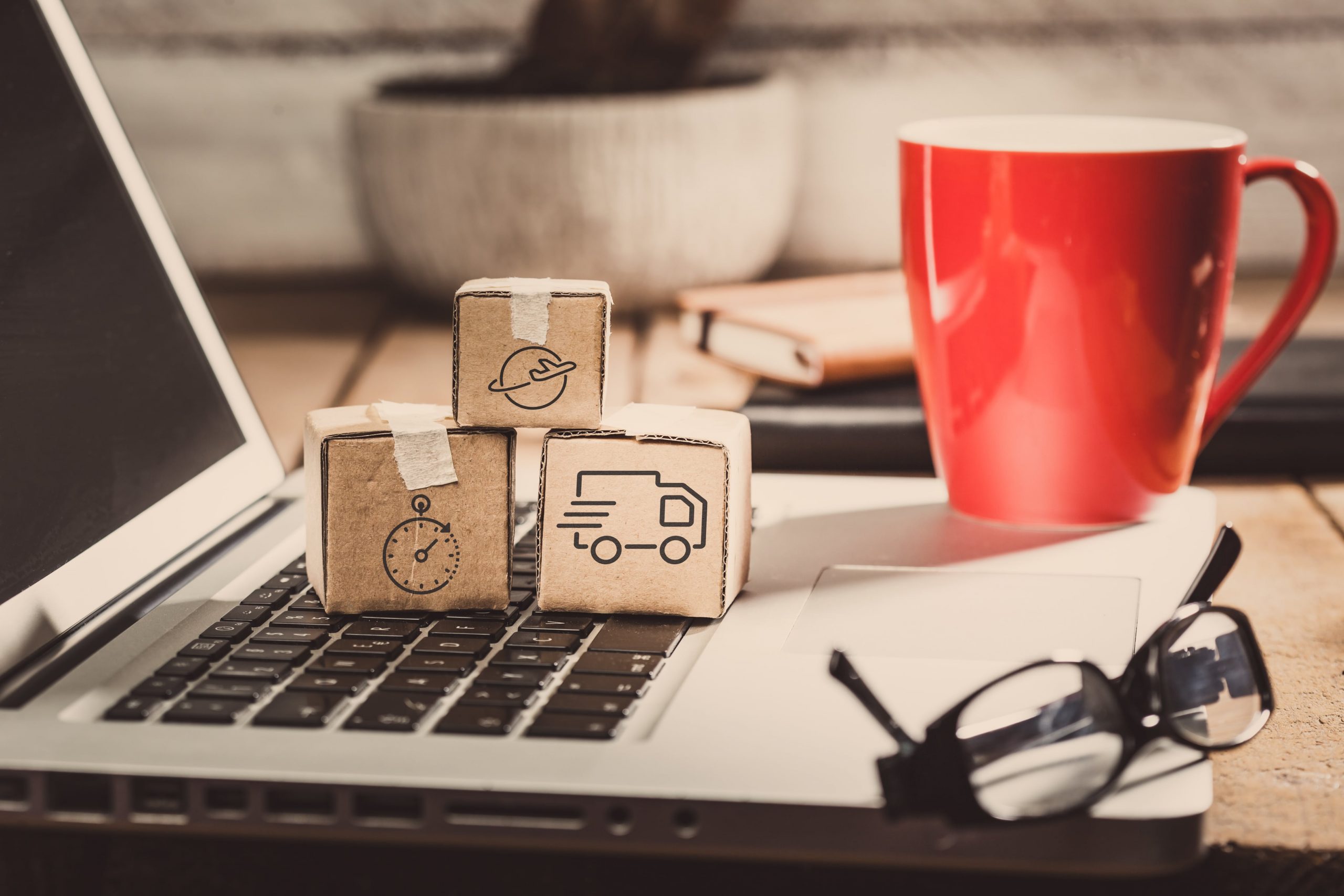Are you considering starting a logistics business? If so, you’re in good company. The logistics industry is booming, and there are plenty of opportunities for entrepreneurs to get in on the action.
Of course, starting any business is a challenge, and there’s a lot to learn. But if you’re up for the task, a logistics business can be a very rewarding endeavor.
In this guide, we’ll cover everything you need to know about starting a logistics business. We’ll start with an overview of the industry and then dive into the details of how to start and grow your own successful logistics company.
The logistics industry is growing rapidly
The first thing you need to know about the logistics industry is that it’s growing rapidly. According to recent estimates, the global logistics market is expected to reach $15.5 trillion by 2025.
This growth is being driven by a number of factors, including the rise of eCommerce, the growth of global trade, and the increasing complexity of supply chains. As businesses become more reliant on logistics services, there’s a growing demand for companies that can provide these services.
This presents a big opportunity for entrepreneurs who are looking to start a logistics business. But it’s also important to understand the challenges that come with this rapidly growing industry.
The logistics industry is highly competitive
One of the biggest challenges you’ll face as a logistics entrepreneur is competition. The industry is already crowded with large, well-established players, and it’s only going to get more competitive in the years ahead.
To succeed in this environment, you’ll need to differentiate your business in some way. This could involve offering unique services, leveraging technology, or focusing on a specific niche or market segment.
It’s also important to have a clear understanding of your target market and what they’re looking for in a logistics provider. This will help you craft a value proposition that resonates with your target customers.
There’s a lot to learn about running a logistics business
Another challenge you’ll face when starting a logistics business is the learning curve. There’s a lot to learn about running a successful operation, from managing inventory to designing efficient routes.
If you’re not familiar with the logistics industry, you’ll need to invest some time in learning the ropes. Fortunately, there are plenty of resources available to help you get up to speed quickly. There are also many software solutions that can automate or streamline various aspects of your business.
You’ll need to make a significant investment to get started
Starting a logistics business requires a significant investment of time and money. You’ll need to purchase equipment, hire staff, and secure warehouse space. You may also need to obtain licenses and permits from local authorities.
Depending on the size and scope of your operation, your start-up costs could range from a few thousand dollars to several million dollars. This is one of the biggest challenges of starting a logistics business – finding the capital you need to get started.
Fortunately, there are many financing options available for entrepreneurs who are looking to start a business in the logistics industry. You may be able to secure funding from angel investors, venture capitalists, or government grants. You can also finance your business using personal savings or loans from family and friends.
You’ll need to put in long hours when starting out
Another challenge you’ll face when starting a logistics business is the amount of time and effort required to get things off the ground. In the early stages of your business, you’ll likely be working long hours seven days a week. And even after your business is up and running, you’ll still need to put in long hours to keep things moving smoothly.
This isn’t an easy lifestyle, but it’s often necessary when starting a business. If you’re not prepared to make this commitment, you may want to reconsider starting a logistics business. But if you’re willing to put in the work, the rewards can be very rewarding indeed.
What are the characteristics of logistics?
In business, logistics can be defined as “the process of planning, implementing, and controlling the efficient, effective forward and reverse flow and storage of goods, services, and related information between the point of origin and the point of consumption in order to meet customers’ needs.”
Logistics is a management discipline that is concerned with the movement and storage of materials and products throughout the supply chain. The supply chain includes all the activities involved in getting a product or service from the initial supplier to the final customer, including sourcing, procurement, manufacturing, warehousing, distribution, and delivery.
The goal of logistics is to ensure that the right product is in the right place at the right time, and that it is delivered to the customer in the most efficient and cost-effective manner possible.
There are four main elements to logistics:
1. Transportation: This involves moving goods from one location to another. Transportation can be by land, sea, or air.
2. Warehousing: This involves storing goods until they are needed. Goods can be stored in a variety of ways, including in a warehouse, on a shelf, or in a bin.
3. Inventory: This involves keeping track of the goods that are in storage. Inventory management is a key part of logistics, as it ensures that goods are available when needed and that they are not overstocked.
4. Packaging: This involves packaging goods for transport and storage. Packaging must be done in a way that protects the goods and makes them easy to handle.
What are the major logistic functions?
Logistics is generally the detailed organization and implementation of a complex operation. In a business setting, logistics can be defined as the management of the flow of things between the point of origin and the point of consumption in order to meet some requirements, usually of cost, time and productivity.
The main goal of logistics is to ensure that goods and materials are available when and where they are needed, and that they are delivered in the most cost-effective and efficient way possible. To achieve this, businesses need to carefully plan and control the movement and storage of goods throughout the supply chain, which includes all the stages from raw materials through to the end customer.
There are many different logistics functions that need to be managed in order to ensure a smooth and efficient operation. Some of the most important logistic functions are listed below:
1. Transportation: This is one of the most important logistics functions as it involves getting goods from one place to another. This can be done by various means including road, rail, air and sea. Businesses need to carefully select the most appropriate mode of transport based on a number of factors such as time, cost, distance and type of goods.
2. Storage: Another key logistics function is storage, which is necessary to keep goods safe and secure until they are needed. This can be done in various ways including warehousing, distribution centers and inventory management.
3. Inventory management: This is a key function in logistics as it helps businesses keep track of their stock levels and ensure that they have the right products in the right quantities at the right time. This can be done using various methods such as barcoding and RFID tagging.
4. Packaging: Packaging is also an important logistics function as it helps to protect goods during transportation and storage. It also helps businesses to promote their products by using branding and marketing techniques on packaging.
5. Documentation: Documentation is vital in logistics as it helps businesses to keep track of their shipments and ensure that all the required paperwork is in order. This includes documents such as invoices, packing lists and shipping manifests.










